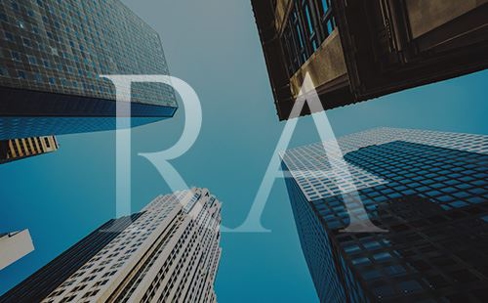In the case of Maida v. Kuskin, 221 N.J. 112 (2015) the New Jersey Supreme Court discussed the standard to be used when determining if a civil reservation entered as part of a guilty plea in municipal court would be appropriate and enforceable in a subsequent civil action.
What Is a Civil Reservation and How Is It Used in Court?
The use of a civil reservation permits a defendant in municipal court to enter a guilty plea and not have that admission of guilt be used as evidence in any subsequent civil trial. Traditionally, a civil reservation is requested when a defendant pleads guilty to a traffic violation, such as careless driving or speeding, where their actions caused an accident.
In these types of cases, the defendant is willing to accept responsibility in the municipal court for the accident but does not want to have any guilty plea used against them should they later be sued by the other driver for any type of injuries, including pain and suffering.
Civil reservations are permitted by the Court pursuant to New Jersey Court Rule 7:6-2(a) (1) and only apply to the guilty plea. The Rule specifically states: “The municipal court judge, at the request of a defendant, to order that a guilty plea shall not be evidential in any related civil proceeding.”
However, it is noteworthy that any testimony given in municipal court under oath and before the judge prior to the entry of the guilty plea is not protected by a civil reservation.
Does a Civil Reservation Have to Be Requested in Open Court?
In the case of Madia v. Kuskin, supra, the defendant Kuskin had pled guilty to failing to report an accident he was involved in. Kuskin was operating his motor vehicle when he struck a pedestrian, the plaintiff Madia, in a crosswalk. Kuskin’s guilty plea was made in open court, under oath. However, neither Kuskin nor his attorney requested a civil reservation at that time.
Kuskin’s attorney later wrote to the court asking the judge to confirm that a civil reservation was placed on the plea. The municipal court judge then entered an Order directing that the defendant’s guilty plea “shall not be used or be evidential in any civil proceeding.”
Subsequently, the plaintiff Madia filed a civil suit against Kuskin seeking damages for injuries sustained as a result of the accident. Madia filed a Motion to Strike the Entry of the Civil Reservation that Kuskin’s attorney had entered in municipal court, and the civil trial court granted the request.
The trial court had opined that the civil reservation must be requested in open court at the time of the entry of the guilty plea. Kuskin appealed the decision to the New Jersey Appellate Division and the Appellate Division reversed the trial court decision.
The New Jersey Supreme Court decided that the trial court was correct in barring the civil reservation because the request was not made in open court. The Supreme Court determined that the defendant must request a civil reservation in open court because an Order providing that a plea not be considered evidential in any civil proceeding, is subject to the objection of the prosecutor or the victim. The Court specifically delineated as to when a civil reservation can be accepted by a municipal court judge:
Guilty plea to a traffic offense that occurs in open court must be accompanied by a factual statement given by the defendant. A person who pleads guilty to a traffic offense may request an Order that prevents the admission of the plea in any civil reservation arising from that accident that precipitated the motor vehicle charge. That request must occur in open court.
The New Jersey Supreme Court emphasized that the prosecutor and the victim in municipal court have the right to object to the entry of a civil reservation. The prosecutor or the victim must demonstrate good cause to bar entry of such an Order. If the prosecutor or the victim demonstrates good cause, the municipal court judge in his/her discretion, and for good cause shown, may choose not to enter an Order for civil reservation.
Should I Consult with an Attorney?
When facing a traffic summons in municipal court arising out of a motor vehicle accident, or for any traffic stop where there may be significant consequences such as loss of license or fines, it is recommended to consult with an attorney to discuss various options to protect your interests.

